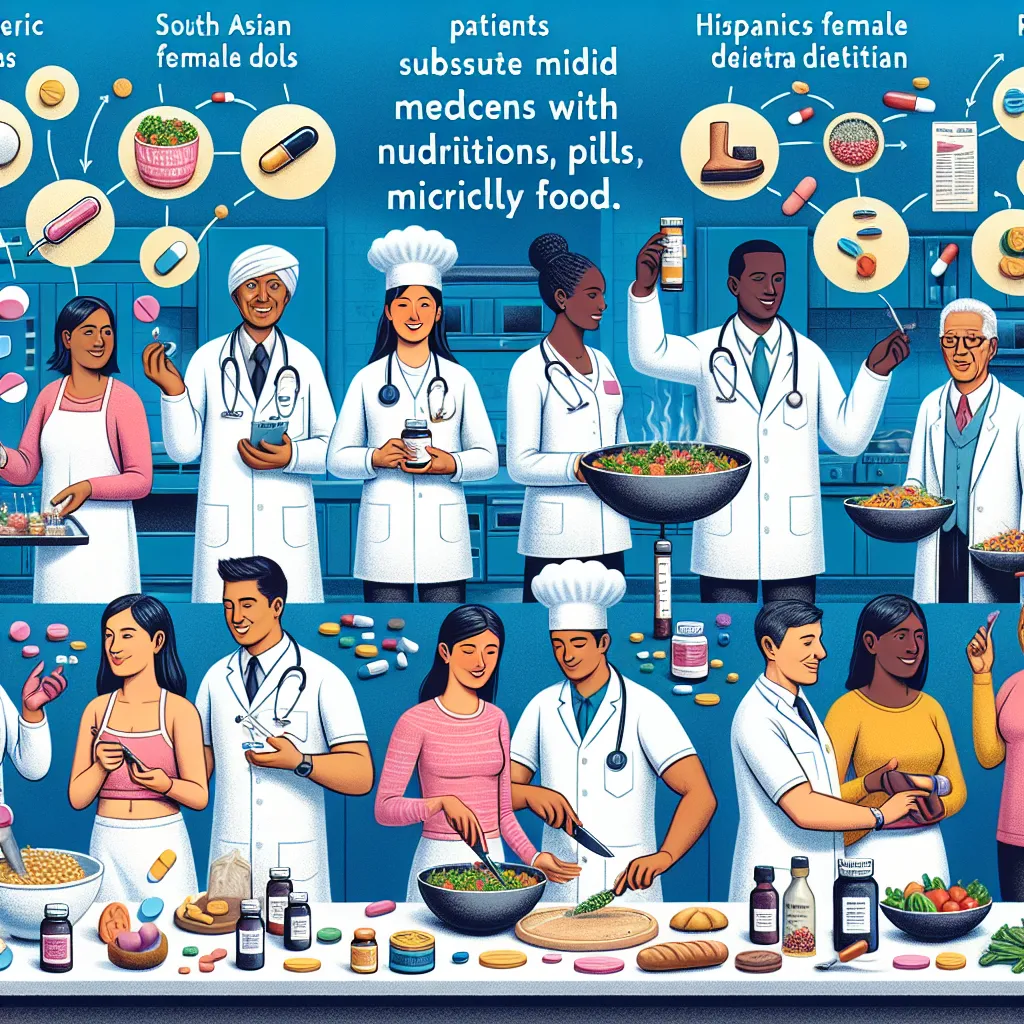In today’s world, it seems we’re addicted to quick medicinal fixes, with billions of pounds spent on drugs that may not always be necessary. Over the past decade, though, there’s been a surge in research that explores a different approach to health: using food as medicine. This new wave of thinking is being brought to the public through the first-of-its-kind “Food Hospital,” dedicated to combating illness through dietary changes.
The idea is spearheaded by a trio of seasoned medical professionals with 40 years of NHS experience between them. They are fervent believers in the science behind food as medicine and want the public to know it too. It’s time to rethink our reliance on pills and start looking towards our diet for answers to our health problems.
Our healthcare system spends a staggering 12 billion pounds annually on medications. The Food Hospital aims to explore how food can impact a wide array of health issues, from high cholesterol to cancer and infertility to chronic skin conditions—all without prescribing a single drug.
One of the show’s patients is a young woman, Lauren Rogerson-Hodley, suffering from polycystic ovary syndrome (PCOS). She hopes to manage her condition through dietary changes rather than drugs. With a tailored food plan, Lauren works towards balancing her hormones, losing weight, and potentially even improving her fertility—all under the guidance of a dedicated medical team.
The Food Hospital doesn’t just stop at individual treatment; it aims to elevate the health of the entire country. Dr. Pixie McKenna dives into the world of so-called “superfoods” to discover whether these popular health boosters are genuinely beneficial or just clever marketing. Early findings show that while some superfoods do have health benefits, they are often not significantly different from other, more common fruits.
One compelling story involves Chris, a man diagnosed with type 2 diabetes, a condition predominantly caused by poor diet. Under the Food Hospital’s guidance, Chris embarks on a radical, low-calorie diet designed to reverse his diabetes, aiming to avoid lifelong medication and manage his condition through careful dietary control.
Then there’s little Harvey, a seven-year-old plagued by debilitating migraines. His strict dietary plan eliminates known migraine triggers, leading to an astonishing improvement in his condition, greatly enhancing his quality of life.
“Food Hospital” stands as a testament to the potent, transformative power of using food as a therapeutic tool. Through meticulous dietary changes tailored to each individual, they aim to tackle chronic illnesses head-on, advocating a model of preventive healthcare that could redefine how we approach treatment and wellness.
So, if you’ve ever doubted the saying “you are what you eat,” let the Food Hospital show you the remarkable evidence. Because, at the end of the day, the kitchen might just be the most powerful pharmacy we have.






